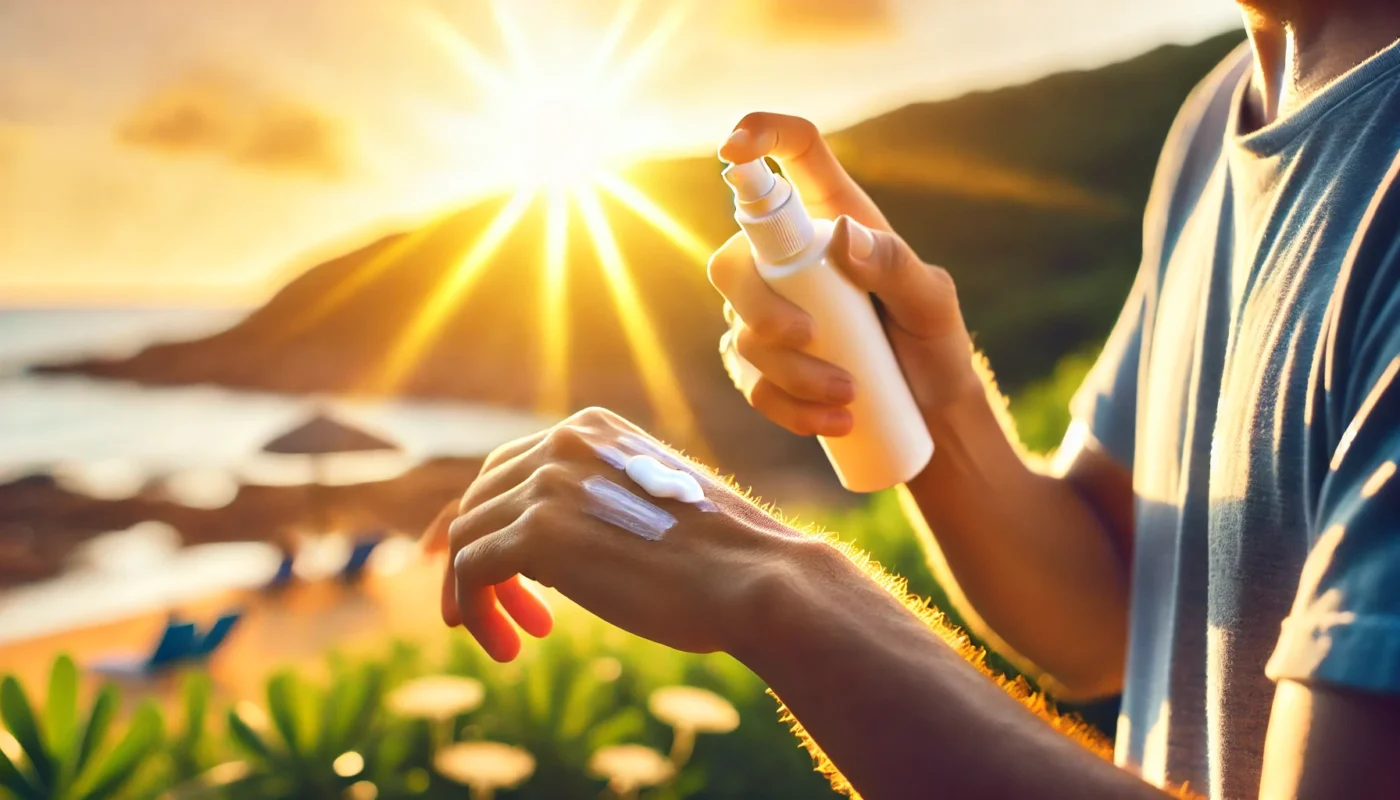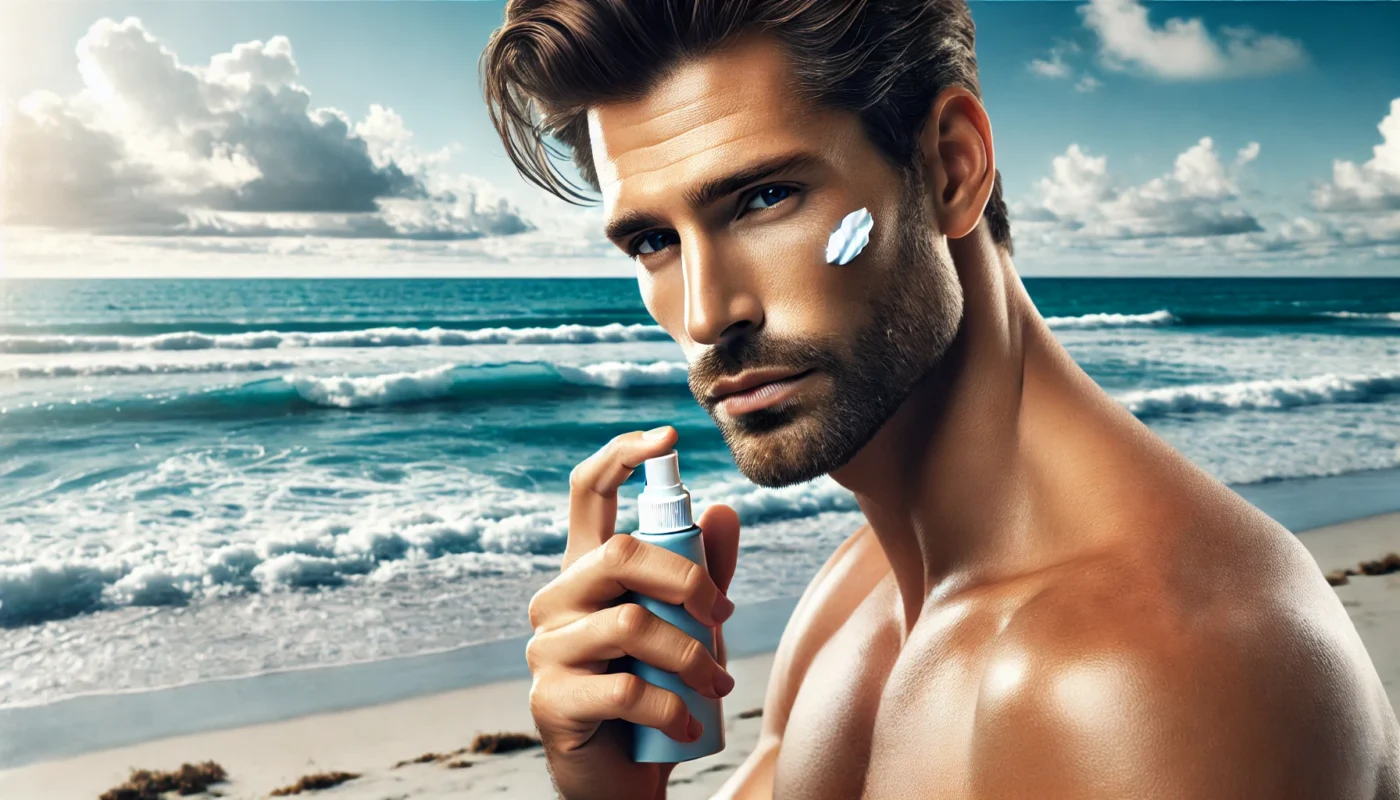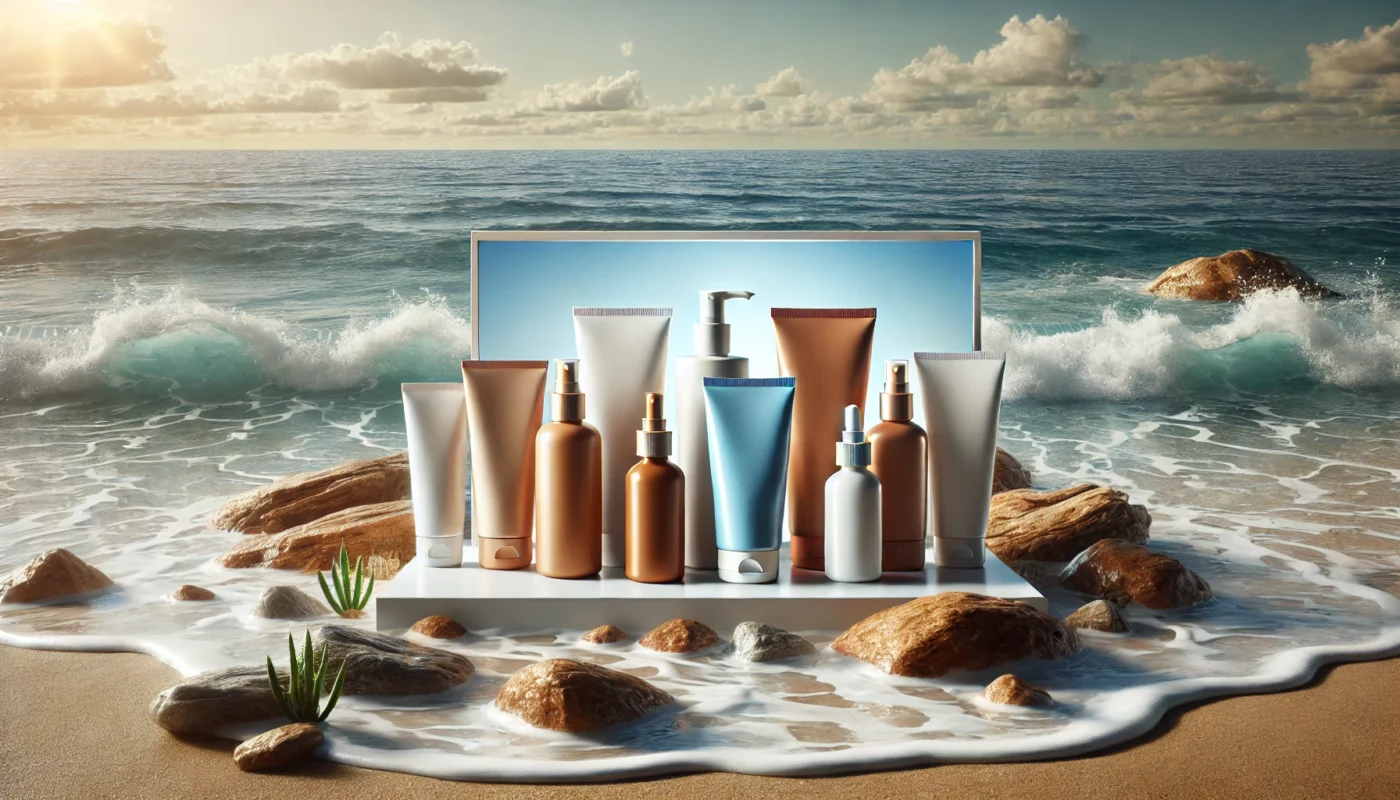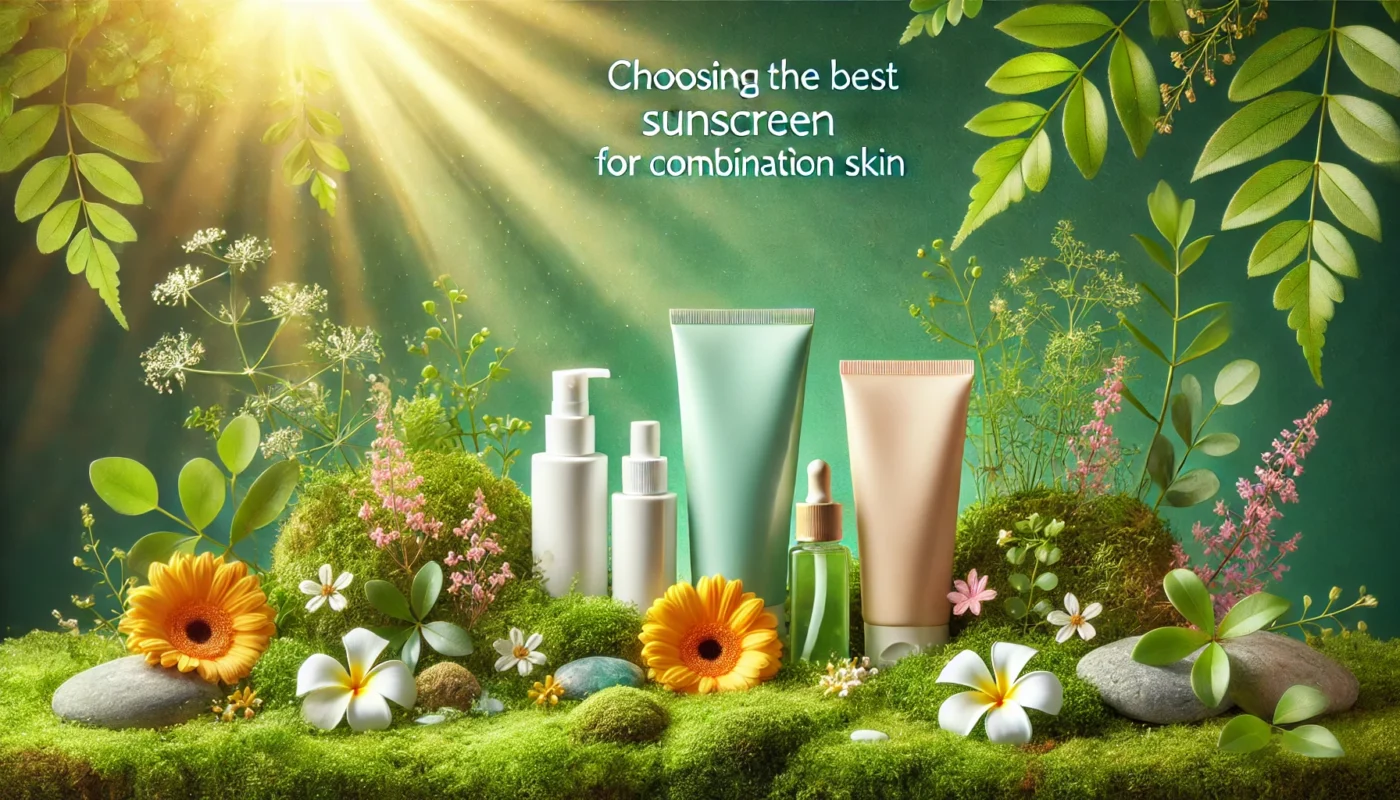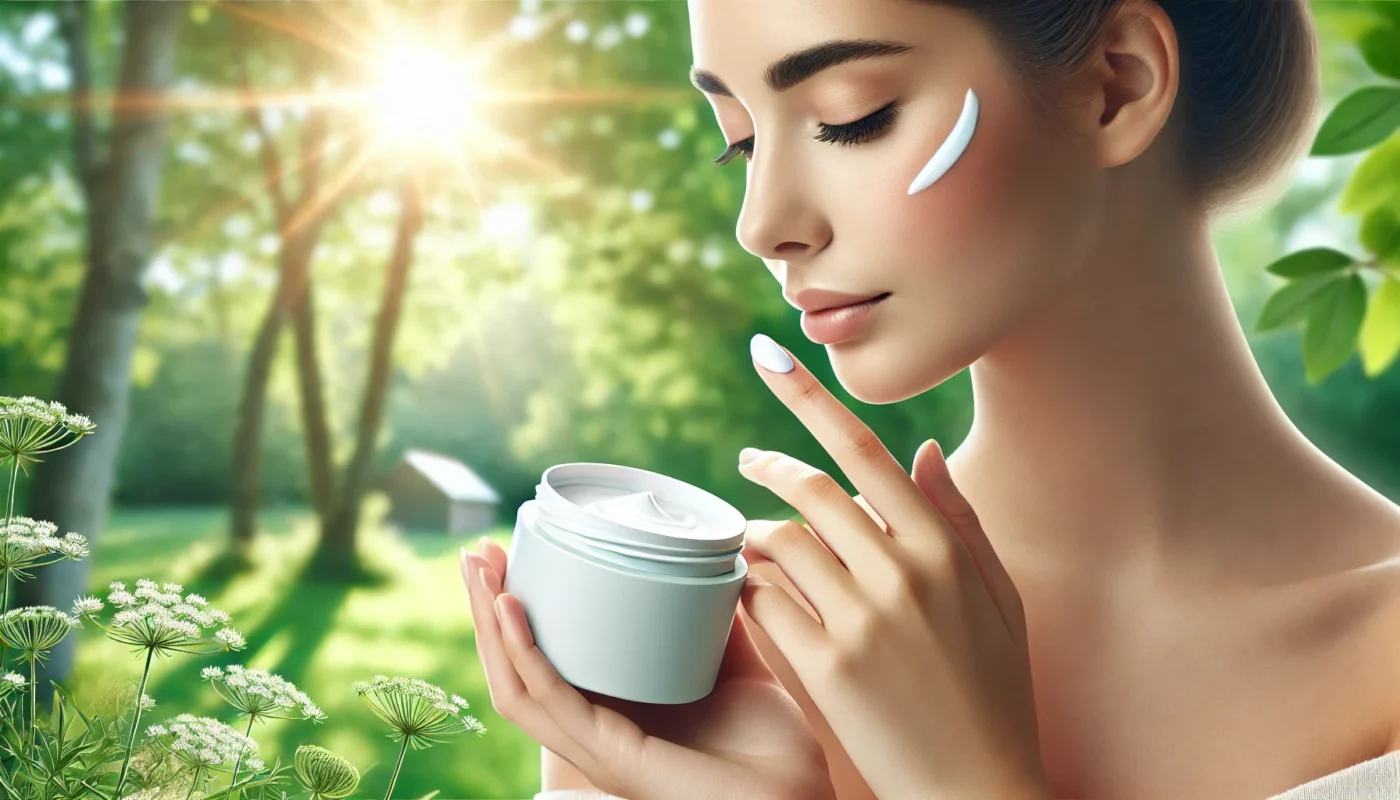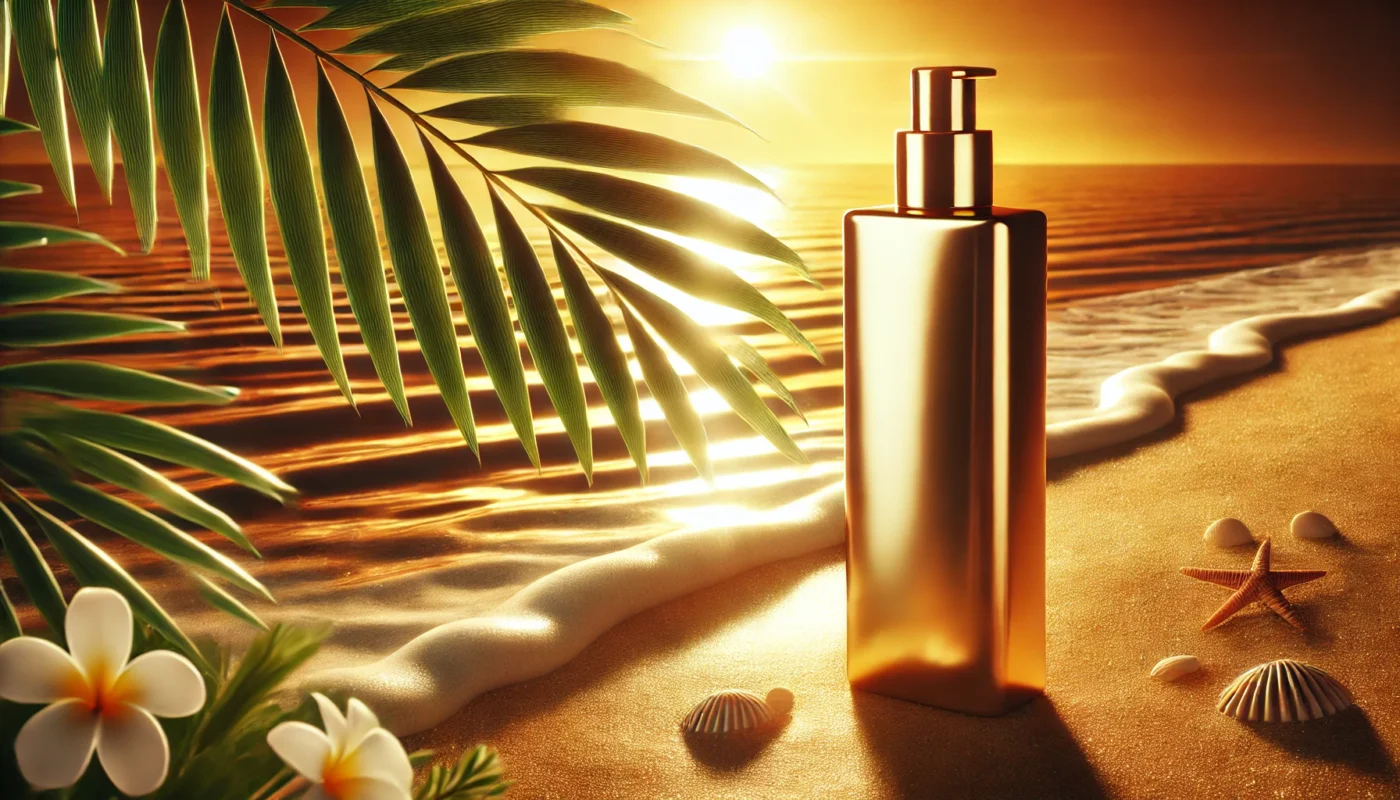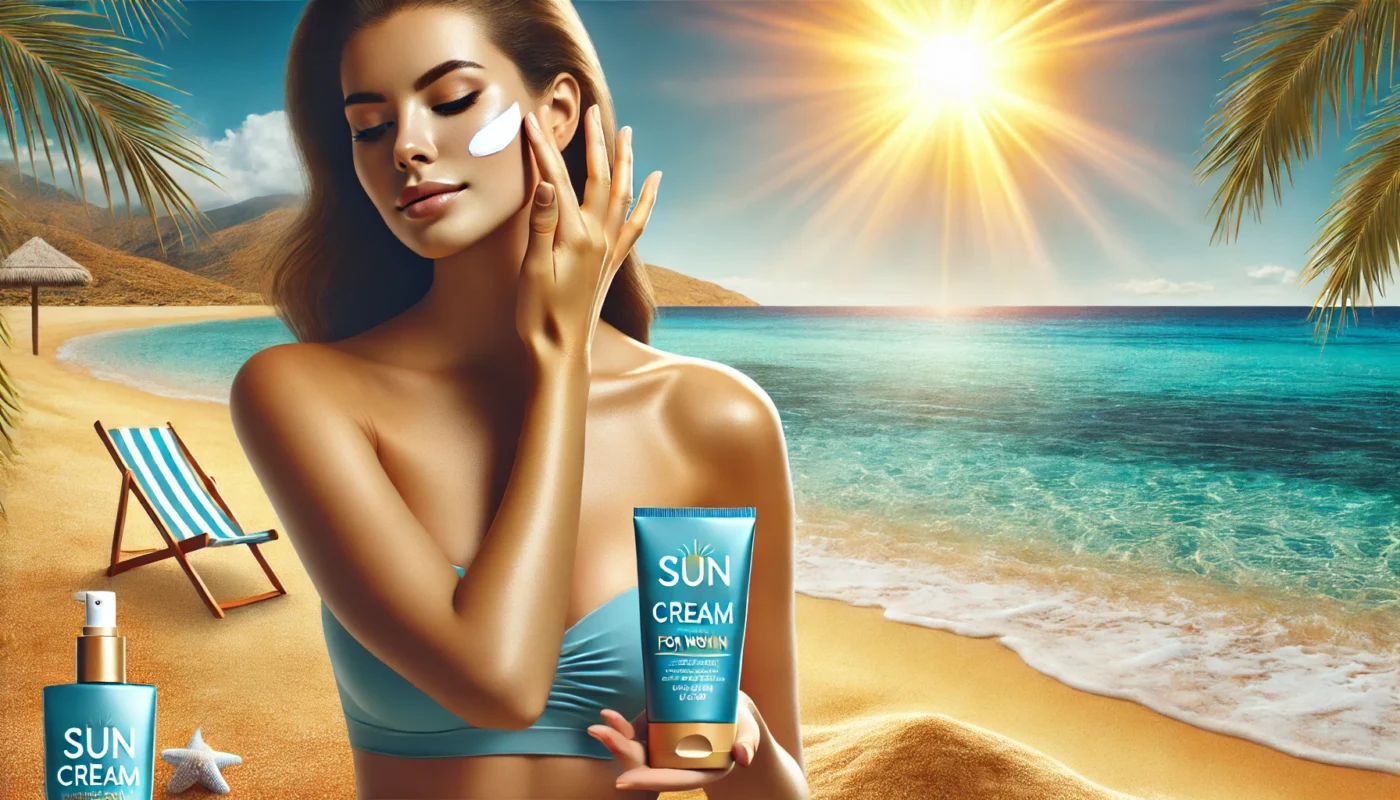The timing of sunscreen application is crucial. Applying sunscreen 15 minutes before sun exposure is a guideline rooted in the functionality of chemical sunscreens. These sunscreens contain organic compounds that need time to absorb into the skin and form a protective barrier against ultraviolet (UV) radiation.
Tag Archives: chemical sunscreen
Sun protection is a crucial aspect of men’s skincare. Yet, it’s often overlooked or misunderstood.
This article aims to shed light on the importance of sunscreen for men. It will delve into the science behind sun damage and the role of sunscreen in preventing it.
We’ll explore the differences between UVA and UVB rays, and how they affect your skin. We’ll also demystify SPF ratings, helping you understand what these numbers mean for your protection.
The article will guide you through the selection of the best sunscreen for your skin type. Whether you have sensitive skin or are looking for the best facial sunscreen, we’ve got you covered.
We’ll provide practical tips on how to effectively apply and reapply sunscreen. Plus, we’ll discuss the importance of incorporating sunscreen into your daily routine.
Sunscreen is a crucial part of any skincare routine. It protects your skin from harmful UV rays, reducing the risk of skin cancer and premature aging.
But how do you apply sunscreen on your face correctly?
This guide will provide you with a comprehensive understanding of sunscreen application. We’ll delve into the science behind it, explaining the difference between UVA and UVB rays, and the role of SPF.
We’ll also guide you on how to choose the right sunscreen for your skin type. Whether you have oily, dry, or sensitive skin, there’s a sunscreen out there for you.
Then, we’ll walk you through a step-by-step process of applying sunscreen. From the amount you need to use, to the correct technique, we’ve got you covered.
Choosing the right sunscreen can be a daunting task. With countless options on the market, it’s easy to feel overwhelmed.
For those with dry skin, the challenge is even greater. The wrong product can exacerbate dryness, leaving skin feeling tight and uncomfortable.
But fear not. This comprehensive guide is here to help.
We’ll delve into the science behind sun protection, explaining what SPF is and why it’s crucial for dry skin. We’ll also discuss the difference between physical and chemical sunscreens, helping you understand which might be best for your skin type.
Key ingredients to look for in sunscreens for dry skin will be highlighted. We’ll also provide practical tips on how to apply sunscreen effectively on dry skin.
Sun protection is a crucial part of any health and wellness routine. It’s not just about preventing sunburns, but also about safeguarding your skin from harmful ultraviolet (UV) radiation.
However, finding the right sunscreen can be a challenge. One common issue is the dreaded white cast, a chalky residue that some sunscreens leave on the skin.
This guide is here to help. We’ll delve into the science behind sunscreens and explain why some products might leave a white cast. We’ll also discuss the differences between mineral and chemical sunscreens, and how they protect your skin from UV rays.
But we won’t stop there. We’ll provide practical advice on how to apply sunscreen effectively to avoid a white cast. We’ll also offer detailed recommendations for sunscreens that are invisible or nearly invisible on the skin.
Choosing the right sunscreen can be a daunting task. Especially when you have combination skin.
Combination skin, characterized by both oily and dry patches, requires a careful balance. You need a sunscreen that moisturizes dry areas without exacerbating oiliness.
Understanding the science behind sun protection is key. It helps you make informed decisions about the products you use.
This guide aims to demystify the process. We’ll delve into the specifics of UVA and UVB rays, and the role of SPF in sun protection.
We’ll also explore the differences between physical and chemical sunscreens. And how to identify which is best for combination skin.
Sun protection is a crucial part of any skincare routine. It shields our skin from harmful UVA and UVB rays.
But not all sunscreens are created equal. Some can leave a greasy residue, making your skin feel oily.
This can be a particular issue for those with oily or acne-prone skin. It can also be a nuisance for fitness enthusiasts who don’t want their sunscreen to interfere with their workout.
Enter non-oily sunscreens. These products offer the same protection without the greasy feel. They’re a game-changer for those who want to protect their skin without the shine.
In this guide, we’ll delve into the world of non-oily sunscreens. We’ll explore the science behind these formulations and how they can benefit your skin.
Sun block cream, often synonymous with sunscreen, is a topical product designed to protect the skin from the damaging effects of ultraviolet (UV) radiation. These creams can prevent sunburn, reduce the risk of skin cancer, and help prevent premature aging.
Sun protection is a crucial part of any skincare routine. But did you know that the right sunscreen can also enhance your skin’s natural glow?
Enter the world of glowy sunscreens. These products not only shield your skin from harmful UV rays but also impart a radiant finish. They’re the secret to achieving that coveted, healthy-looking complexion.
In this comprehensive guide, we’ll delve into the top 5 glowy sunscreens for radiant skin. We’ll explore their benefits, ingredients, and how they fit into a holistic approach to health and wellness.
Whether you’re a fitness enthusiast, a health enthusiast, or a medical patient, this article is for you. We aim to provide practical, in-depth information to help you optimize your skin health and wellness.
So, are you ready to glow? Let’s dive in and discover the best glowy sunscreens for your skin.
In this comprehensive guide, we will delve into the key aspects of sun cream for women, offering practical advice backed by scientific research. Our goal is to equip you with the knowledge to make informed decisions for your skin health.
Understanding Sunscreen: The Basics
Sunscreens, often referred to as sun creams, are formulated to protect the skin from the harmful effects of ultraviolet (UV) radiation. There are two types of UV rays that affect the skin: UVA and UVB. UVA rays penetrate the skin more deeply and are primarily responsible for premature aging and wrinkling, while UVB rays are the main cause of sunburn. Both types contribute to the risk of skin cancer.
Types of UV Radiation
Understanding UVA and UVB rays is essential for selecting the right sun protection. UVA rays are long-wave rays that penetrate deep into the dermis, the skin’s thickest layer. They are present with relatively equal intensity during all daylight hours throughout the year, and can penetrate clouds and glass. This makes protection against UVA critical, even on cloudy days or indoors.
UVB rays, on the other hand, are short-wave rays that are primarily responsible for direct damage to the DNA in skin cells and are the main cause of sunburn. They vary by season, location, and time of day, with the most significant amount reaching the Earth’s surface between 10 a.m. and 4 p.m. during the spring and summer months. Understanding this can help you plan outdoor activities at safer times of the day.
- 1
- 2

